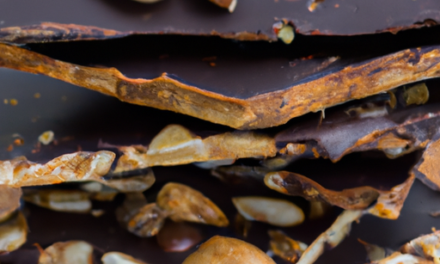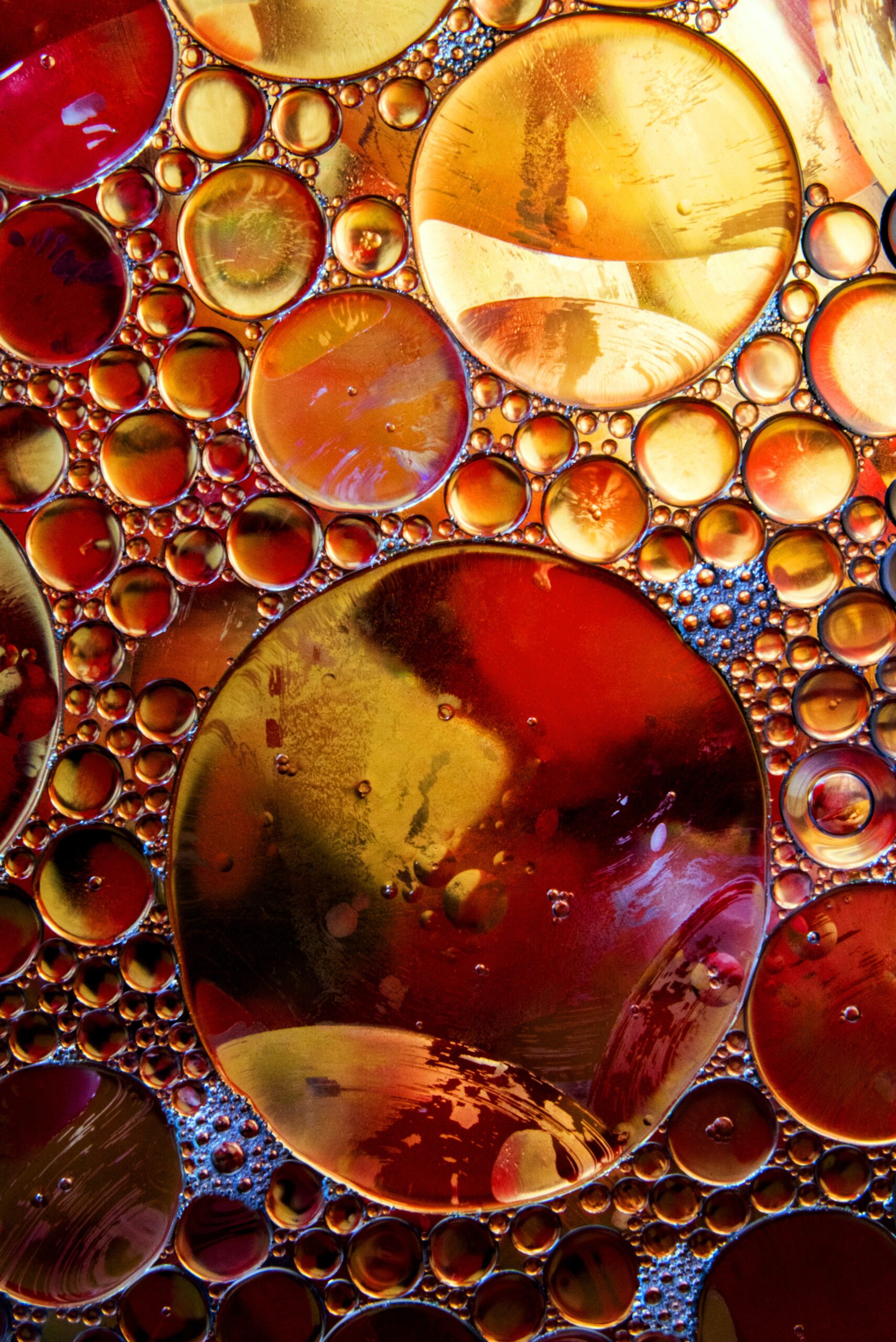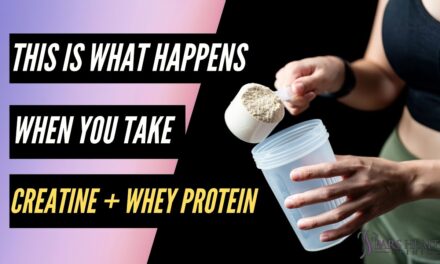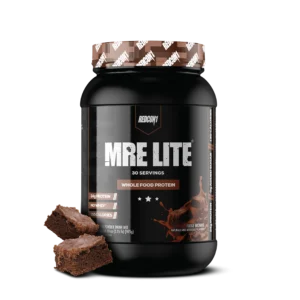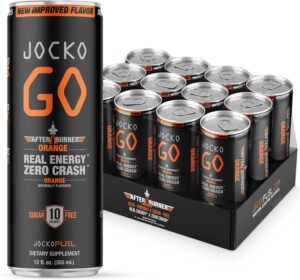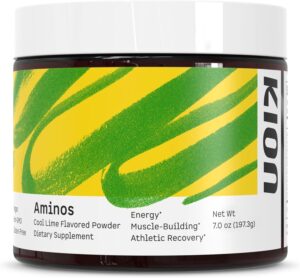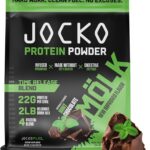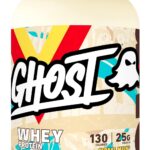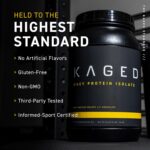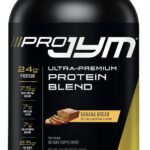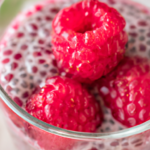
9 Muscle-Building Foods for Maximizing Muscle Growth

In the article “9 Muscle-Building Foods for Maximizing Muscle Growth by MUSCLE MONSTERS YouTube Channel ,” you will discover a comprehensive list of foods that can help you achieve your muscle-building goals. The video emphasizes the importance of protein in muscle growth and provides recommendations on daily protein intake. It also highlights nine muscle-building foods, including whole eggs, chicken breast, beef, canned tuna, salmon, whey protein, Greek yogurt, quinoa, and avocado. These foods not only provide high-quality protein but also offer additional benefits such as essential amino acids, omega-3 fats, probiotics, and hormonal balance. The video also introduces the “mass5 full body” program, a workout plan designed for intermediate and advanced lifters to kickstart new muscle growth. So if you’re looking to maximize your muscle growth, this article is a must-read!
1. Whole Eggs
Eggs are not only a delicious and versatile food, but they are also packed with nutrients that are essential for muscle growth.
Benefits of Whole Eggs
Whole eggs are a complete protein source, meaning they contain all nine essential amino acids that are necessary for muscle repair and growth. They are also rich in vitamins such as vitamin B12, which is important for energy production, and vitamin D, which aids in muscle function and bone health.
Protein Content
A large egg contains approximately 6 grams of protein, making it a convenient and affordable source of high-quality protein. Protein is the building block of muscles, and consuming enough protein is crucial for muscle recovery and growth.
Other Nutrients in Whole Eggs
In addition to protein, eggs are rich in important nutrients such as omega-3 fatty acids, which have anti-inflammatory properties and can support overall health. They also contain antioxidants such as lutein and zeaxanthin, which are beneficial for eye health.
How to Incorporate Whole Eggs into Your Diet
There are countless ways to incorporate whole eggs into your diet. Whether you prefer them scrambled, boiled, poached, or in an omelette, eggs can be enjoyed at any time of the day. They can also be added to salads, sandwiches, or even used as a binding agent in baked goods.
2. Chicken Breast
Chicken breast is a staple food for many bodybuilders and fitness enthusiasts, and for good reason.
Benefits of Chicken Breast
Chicken breast is an excellent source of lean protein, meaning it contains a high amount of protein while being low in fat. This makes it ideal for those looking to build muscle and reduce body fat.
Protein Content
A 100-gram serving of chicken breast contains approximately 31 grams of protein. This protein is easily digestible and is rich in essential amino acids, which are necessary for muscle growth and repair.
Other Nutrients in Chicken Breast
In addition to protein, chicken breast also contains important nutrients such as niacin, which promotes healthy digestion and cell growth, and selenium, which is essential for metabolism and immune function.
How to Incorporate Chicken Breast into Your Diet
Chicken breast can be prepared in a variety of ways, such as grilled, baked, or sautéed. It can be enjoyed on its own as a main dish or added to salads, sandwiches, or stir-fries for added protein. Preparing a large batch of chicken breast in advance can make it easy to incorporate into meals throughout the week.
3. Beef
Beef is a nutrient-dense food that provides a wide range of important nutrients for muscle growth and overall health.
Benefits of Beef
Beef is an excellent source of high-quality protein, iron, and vitamin B12. Protein is essential for muscle repair and growth, while iron is necessary for oxygen transport and energy production. Vitamin B12 plays a crucial role in red blood cell formation and brain function.
Protein Content
Beef is one of the richest sources of protein, with approximately 26 grams of protein per 100-gram serving. This protein is also easily digestible, allowing for optimal absorption and utilization by the body.
Other Nutrients in Beef
In addition to protein, beef is a good source of vitamins and minerals such as zinc, which supports immune function and muscle growth, and selenium, which is important for thyroid function and antioxidant defense.
How to Incorporate Beef into Your Diet
Beef can be enjoyed in numerous ways, from grilled steaks to slow-cooked roasts. Lean cuts of beef, such as sirloin or tenderloin, are a healthier option that still provides ample protein. Ground beef can also be used in various dishes such as burgers, meatballs, or stir-fries.
4. Canned Tuna
Canned tuna is a convenient and affordable option for those looking to increase their protein intake.
Benefits of Canned Tuna
Tuna is a lean fish that is high in protein and low in fat. It is also a good source of important nutrients such as omega-3 fatty acids, which have been shown to reduce inflammation and support heart health.
Protein Content
A 100-gram serving of canned tuna typically contains around 25 grams of protein. This protein is easily digestible and provides all the essential amino acids that are necessary for muscle growth and repair.
Other Nutrients in Canned Tuna
In addition to protein, canned tuna is a good source of vitamins and minerals such as vitamin D, which aids in muscle function and bone health, and selenium, which supports immune function and antioxidant defense.
How to Incorporate Canned Tuna into Your Diet
Canned tuna can be enjoyed on its own, mixed with mayonnaise or Greek yogurt for a quick and easy tuna salad, or added to sandwiches, wraps, or salads for a protein boost. It is a versatile ingredient that can be incorporated into a variety of dishes.
5. Salmon
Salmon is not only delicious, but it is also a nutrient powerhouse that can support muscle growth and overall health.
Benefits of Salmon
Salmon is a fatty fish that is rich in high-quality protein, omega-3 fatty acids, and essential vitamins and minerals. It has been shown to reduce inflammation, improve heart health, and support brain function.
Protein Content
A 100-gram fillet of salmon contains approximately 22 grams of protein. This protein is easily digestible and provides all the essential amino acids required for muscle repair and growth.
Other Nutrients in Salmon
In addition to protein, salmon is packed with important nutrients such as omega-3 fatty acids, which are known for their anti-inflammatory properties and can enhance muscle anabolism. It is also a good source of vitamins D and B12, which are important for muscle function and energy production.
How to Incorporate Salmon into Your Diet
Salmon can be prepared in various ways, such as grilled, baked, or pan-seared. It can be enjoyed as a main dish or added to salads, stir-fries, or pasta dishes. Eating salmon at least twice a week can provide ample protein and omega-3 fatty acids for optimal muscle growth and overall health.
6. Whey Protein
Whey protein is a popular supplement among athletes and fitness enthusiasts due to its high protein content and convenience.
Benefits of Whey Protein
Whey protein is a complete protein source that is easily absorbed and utilized by the body. It is an excellent option for post-workout recovery and promoting muscle growth.
Protein Content
Whey protein supplements typically provide around 20 to 30 grams of protein per serving, depending on the brand and type of whey protein. This protein is quickly digested and can help stimulate muscle protein synthesis.
Other Nutrients in Whey Protein
In addition to protein, whey protein supplements often contain small amounts of essential vitamins and minerals. They are also low in fat and carbohydrates, making them an ideal option for those looking to increase their protein intake without consuming excessive calories.
How to Incorporate Whey Protein into Your Diet
Whey protein supplements can be mixed with water or milk to create a convenient and portable protein shake. They can be consumed post-workout, between meals, or as a snack to meet your daily protein needs. Whey protein can also be added to smoothies, oatmeal, or baked goods for an extra protein boost.
7. Greek Yogurt
Greek yogurt is a creamy and nutritious option that can provide a significant amount of protein and other important nutrients.
Benefits of Greek Yogurt
Greek yogurt is strained more than regular yogurt, resulting in a thicker and creamier texture. It is packed with high-quality protein and is a good source of probiotics, which support gut health and improve digestion.
Protein Content
A 170-gram serving of Greek yogurt typically contains around 15 to 20 grams of protein, depending on the brand and type. This protein is slowly digested, providing a sustained release of amino acids for muscle repair and growth.
Other Nutrients in Greek Yogurt
In addition to protein, Greek yogurt is rich in calcium, which supports bone health, and vitamin B12, which aids in energy production and muscle function. It also contains probiotics, which can enhance the absorption and utilization of nutrients.
How to Incorporate Greek Yogurt into Your Diet
Greek yogurt can be enjoyed on its own, mixed with fruits or honey for added flavor, or used as a substitute for sour cream or mayonnaise in recipes. It can also be added to smoothies, parfaits, or overnight oats for a protein-packed breakfast or snack.
8. Quinoa
Quinoa is a unique grain that is high in protein and offers numerous health benefits.
Benefits of Quinoa
Despite being high in carbohydrates, quinoa is considered a complete protein source as it provides all nine essential amino acids. It is also rich in fiber, magnesium, and antioxidants, making it a nutritious addition to any diet.
Protein Content
A 185-gram serving of cooked quinoa contains approximately 8 grams of protein. While this may be lower compared to animal-based protein sources, quinoa’s protein is of high quality and can still contribute to muscle repair and growth.
Other Nutrients in Quinoa
In addition to protein, quinoa is a good source of magnesium, which plays a crucial role in protein synthesis, cell growth, and muscle function. It also contains antioxidants such as quercetin and kaempferol, which have anti-inflammatory and immune-boosting properties.
How to Incorporate Quinoa into Your Diet
Quinoa can be cooked and used as a base for salads, stir-fries, or stuffed peppers. It can also be enjoyed as a side dish or added to soups and stews for added protein and nutrition. Quinoa’s versatility makes it easy to incorporate into a variety of meals.
9. Avocado
Avocado is a nutrient-dense fruit that provides a unique combination of healthy fats, vitamins, and minerals.
Benefits of Avocado
Avocado is rich in monounsaturated fats, which are heart-healthy fats that promote hormonal balance and provide a steady source of energy. It is also a good source of fiber, vitamins, and minerals that support overall health.
Monounsaturated Fats and Hormonal Balance
The monounsaturated fats found in avocados have been shown to increase testosterone and luteinizing hormone levels, which are important for muscle growth and hormonal balance. These fats also provide long-lasting energy and can contribute to satiety.
Other Nutrients in Avocado
In addition to healthy fats, avocados are a good source of vitamins such as vitamin K, vitamin C, and folate, which are important for bone health, immune function, and cell growth. They also contain minerals such as potassium, which supports muscle function.
How to Incorporate Avocado into Your Diet
Avocado can be enjoyed on its own, sliced and added to salads or sandwiches, or mashed and spread on toast. It can also be used as a substitute for butter or oil in baking recipes. Adding avocado to your diet can provide a nutritious source of healthy fats and contribute to overall health.
Conclusion
Consuming muscle-building foods is crucial for maximizing muscle growth, promoting fat loss, maintaining hormonal balance, and improving overall health. Each food listed in this article offers unique benefits and can be easily incorporated into your diet. By focusing on high-quality protein sources, such as whole eggs, chicken breast, beef, canned tuna, salmon, whey protein, and Greek yogurt, you can ensure that your body has the necessary building blocks for muscle repair and growth. Additionally, incorporating nutrient-rich foods like quinoa and avocado can provide additional health benefits and support your fitness goals. Remember to balance your macronutrients and focus on a well-rounded diet that includes a variety of muscle-building foods. Combine a healthy diet with a fitness program, such as the Mass5 Full Body Program recommended in the video, to optimize your muscle-building results. Start incorporating these muscle-building foods into your diet today and enjoy the benefits they bring to your body and overall health.
To maximize your muscle growth, you’ll need to incorporate certain foods into your diet. While these foods won’t work miracles overnight, they are great options for optimizing your results.
In this video, we reveal 9 muscle-building foods that you should regularly consume as a man if you want to maximize your muscle





